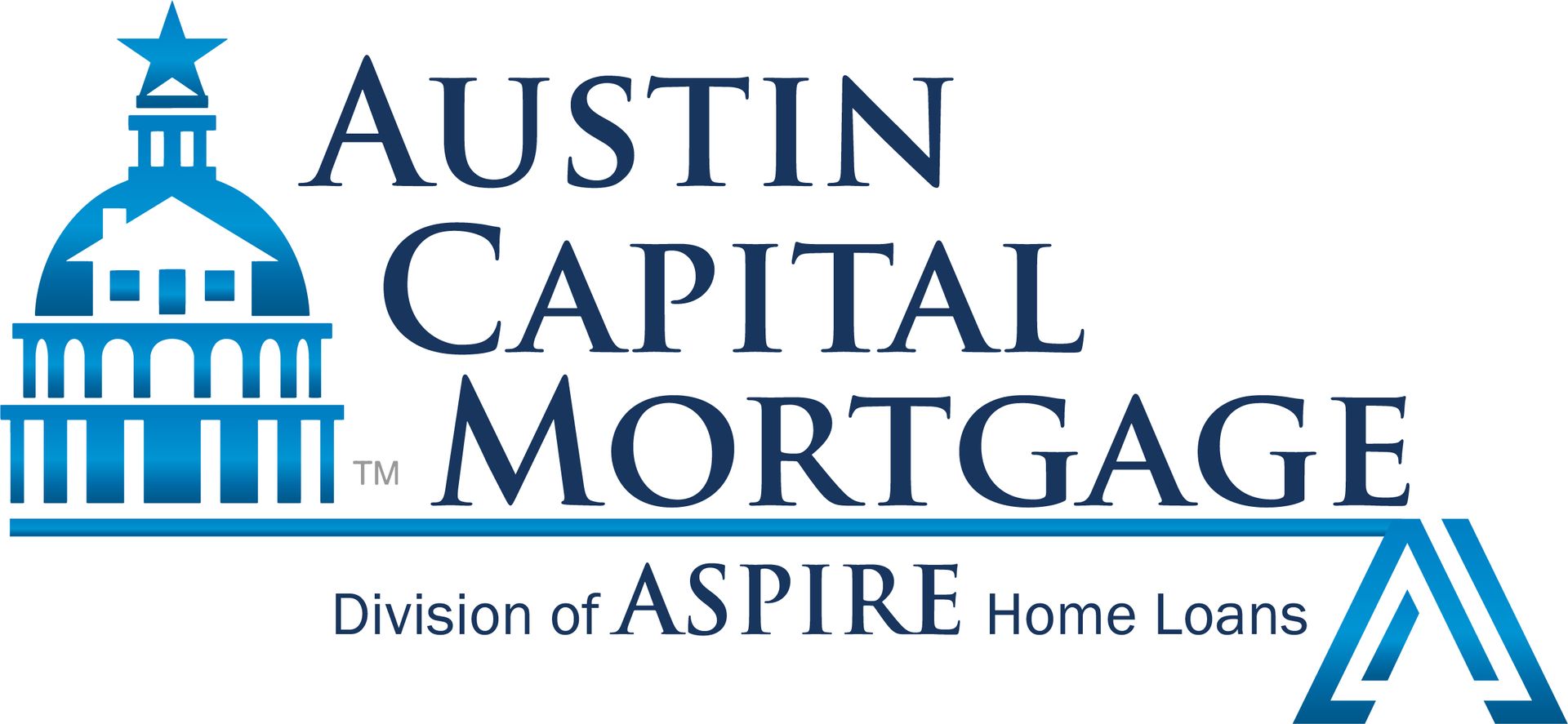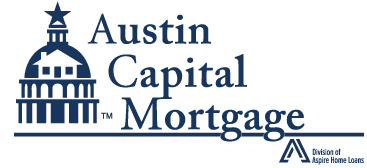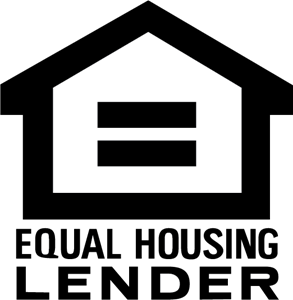TEXAS' TOP RATED MORTGAGE LENDERS SINCE 1996
Flexible Mortgage Options for Every Borrower
Whether you’re self-employed, a first-time buyer, or looking to refinance, we shop across all lenders to find the best rates for you.
A better way to find a home loan
First Time Home Loan
A first-time home loan is a type of mortgage loan designed for individuals who are purchasing a home for the first time. It often comes with lower interest rates and down payment requirements, and may have specific eligibility criteria.
VA Loan
If you are a veteran, active member of the military, or military spouse, you may qualify for a VA loan! The Department of Veterans Affairs offers VA loans. You may qualify for fast approval and a hassle-free loan, even with less-than-perfect credit.
Conventional Loan
Conventional loans are often more flexible than government-backed loans, such as FHA or VA loans, in terms of loan amounts, down payment requirements, and credit score requirements.
Jumbo Home
Jumbo home loan is a type of mortgage that is designed to finance the purchase of high-value homes that exceed the maximum conforming loan limits set by Fannie Mae and Freddie Mac, the two government-sponsored enterprises that provide liquidity to the U.S. housing market. Jumbo loans are considered "non-conforming" loans because they do not conform to these loan limits.
Adjustable Rate Mortgage
An adjustable rate mortgage (ARM) is a type of mortgage loan where the interest rate can fluctuate over time based on changes in a benchmark interest rate, such as the London Interbank Offered Rate (LIBOR) or the Treasury Index. Unlike a fixed-rate mortgage, where the interest rate remains the same for the life of the loan.
Fixed Rate Loan
A fixed rate home loan is a type of mortgage loan where the interest rate remains the same for the entire term of the loan, typically 15 or 30 years. This means that your monthly mortgage payments will remain the same over the life of the loan, providing a sense of stability and predictability for homeowners.
Home Purchase Loan
A home purchase loan is a type of loan used to finance the purchase of a home. It is a type of mortgage loan that is typically offered by banks, credit unions, and other lenders. When a borrower obtains a home purchase loan, the lender provides funds to purchase the property, and the borrower agrees to repay the loan over a set period of time, typically 15, 20, or 30 years.
USDA Loan
A USDA loan is a type of mortgage loan that is offered by the United States Department of Agriculture (USDA) to help low- and moderate-income borrowers purchase homes in rural areas. The program is designed to encourage home ownership and stimulate economic growth in rural areas.
Zero Down Home Loan
A zero down home loan is a type of mortgage that allows homebuyers to purchase a home without making a down payment. Typically, a down payment is a percentage of the home's purchase price that the buyer must pay upfront. The down payment is intended to reduce the lender's risk by ensuring that the homebuyer has a financial stake in the property.
Teacher Loan
A Teacher loan is a type of mortgage loan designed for individuals who are purchasing a home and are an educator. It often comes with lower interest rates and down payment requirements, and may have specific eligibility criteria.
1099 Income Loan
Designed for individuals who receive income as an independent contractor or freelancer, rather than as an employee. This type of loan can be useful for those who have non-traditional income sources but still need access to credit.
Cash Out Refinance
Cash-out refinance is a type of mortgage refinancing where a borrower replaces their existing mortgage with a new loan for more than the amount owed on their home, and then receives the difference in cash.
2-1 Buydown
A 2-1 buydown is a type of mortgage financing arrangement where the borrower pays a reduced interest rate for the first two years of the loan, after which the rate increases to a higher level for the remaining term of the loan.
Debt Consolidation
Debt consolidation is the process of combining multiple debts into a single loan with a lower interest rate or more favorable terms. The goal of debt consolidation is to make it easier to manage and pay off debts, and potentially save money on interest and fees.
Low Credit Refinance
Refinancing with low credit can be challenging, as lenders typically prefer to work with borrowers who have good or excellent credit scores. However, it is still possible for borrowers with low credit to refinance their mortgage.
FHA Loan
An FHA loan is a type of mortgage loan that is insured by the Federal Housing Administration (FHA), which is part of the U.S. Department of Housing and Urban Development (HUD). FHA loans are designed to help make homeownership more accessible to first-time homebuyers, low-income borrowers, and those with limited credit history.
Refinance
Refinancing is the process of replacing an existing loan with a new loan that has more favorable terms or features, such as a lower interest rate, a shorter loan term, or a different type of loan. Refinancing can be an effective way for borrowers to save money on interest and fees, lower their monthly payments, or consolidate multiple debts into a single loan.
Rate & Term Refinance
A rate and term refinance is a type of mortgage refinancing where you can change the interest rate or loan term of your current mortgage, but you don't take out additional cash. The goal of a rate and term refinance is to save money on monthly mortgage payments or to pay off the mortgage more quickly.
Homes for Texas Heroes
The Homes for Texas Heroes Program offers a 30-year fixed-rate mortgage loan with competitive interest rates and down payment assistance of up to 5% of the loan amount. The down payment assistance can be used towards the down payment and closing costs associated with purchasing a home.
Construction Loan
A construction loan is a type of loan that is specifically designed to fund the construction of a new building or home. Unlike a traditional mortgage loan that provides funding to purchase an already-built property, a construction loan provides financing for the construction process itself.
1% Down Payment Loan
1% down payment loan refers to a mortgage loan program that allows borrowers to make a down payment of only 1% of the home's purchase price. This type of loan program is designed to assist homebuyers who may have limited funds for a larger down payment, making homeownership more accessible and affordable.
1% Down Payment Teacher Loan
1% down payment teacher home loan refers to a mortgage loan program specifically designed for teachers that allows them to make a down payment of only 1% of the home's purchase price. This type of loan program aims to make homeownership more accessible to teachers by reducing the upfront cost typically associated with purchasing a home.
1% Down Payment First Responder Loan
1% down payment first responder loan refers to a mortgage loan program specifically designed to assist first responders, such as firefighters, police officers, paramedics, and other emergency personnel, in purchasing a home. This type of loan program allows first responders to make a down payment of only 1% of the home's purchase price, which is significantly lower than the standard down payment requirement for most mortgages.
1% Down Payment First Time Home Loan
1% down payment first-time home loan refers to a mortgage loan program specifically designed for individuals who are purchasing a home for the first time. This type of loan program allows first-time homebuyers to make a down payment of only 1% of the home's purchase price, which is significantly lower than the standard down payment requirement for most mortgages.
1% Down Payment Condo Loan
1% down payment condo loan refers to a mortgage loan program specifically designed for individuals who are purchasing a condo for. This type of loan program allows condo buyers to make a down payment of only 1% of the condo's purchase price, which is significantly lower than the standard down payment requirement for most mortgages.
Calculate How Much Home
Loan You Can Afford
FAQs
Got a question? We’re here to help.



